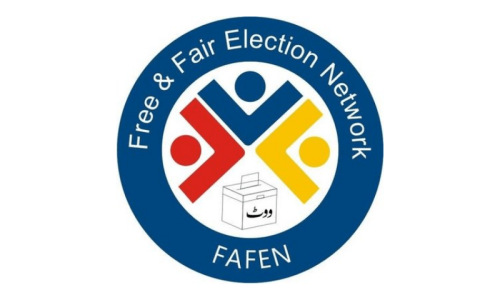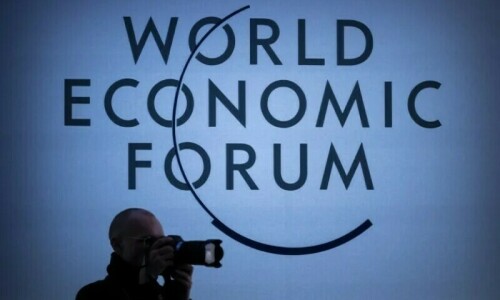ISLAMABAD, July 30: The Doha round of talks is likely to take at least two more years for reaching a compromise on modalities for cuts in tariff and subsidies on agriculture and industrial goods.
“It is now clear that it may not be possible to complete the round this year or any time in the near future,” a senior Pakistani official told Dawn on Wednesday on condition of anonymity.
Commerce Minister Ahmad Mukhtar is visiting the US along with the prime minister. Therefore, no official was ready to give any official reaction to the breakdown of talks in Geneva, which would further delay the expected gains in the shape of greater market access for Pakistan’s textile and clothing sector.
When contacted, Federation of Pakistan Chambers of Commerce and Industry President Tanvir Shaikh declined to comment on the failure of talks and its possible impact on Pakistan exports.
“I am not in the picture. I will issue a press release tomorrow,” he added.
According to the official, there was no political will of 153 member countries to arrive at some agreeable points and the issue of special safeguard mechanism has become a ‘scapegoat’.
Trade analysts said with the failure of the summit, the next step for the Doha round is not yet clear. Any real movement in world trade talks may be a long time coming.
The US elections in November next will constrain trade policymaking for the rest of this year, and there are fears that in 2009, global trade would be put on the political backburner, they added.
Pakistan will continue to face stiff competition from some developing and least developed countries in export of textile and clothing products to the markets of developed countries.
Pakistan’s Ambassador to WTO Dr Manzoor Ahmad in a report outlined an ambitious market for textile and clothing exports to many countries, including the US, EU, Canada and Australia in the wake of finalisation of the Doha round.
The main commodities, which will snatch maximum markets in these countries, would include cotton shirts, knitted shirts of manmade fibres, which are attracting higher duties in these countries market.
The proposed draft text on industrial goods also gives an opportunity to Pakistan and Sri Lanka to have exemption from delayed implementation of various tariff lines. Thus Pakistan would have an advantage over its competitors, such as China or India and other developing countries.
Trade analysts said that the WTO is already losing its credibility as central rule maker in global trade due to the growing number of bilateral trade agreements around the world. This failure would further boost mushrooming of bilateral and regional agreements.
The revival of the talks would largely depend on the next US president whether he is interested in the multilateral trade to revamp the negotiations by also covering important issues of climate change and surging food prices.
The talks failed largely due to inflexible positions adopted by the US on the one side and China and India on the other over trigger and remedies for a special agriculture safeguard mechanism for developing countries.












































Dear visitor, the comments section is undergoing an overhaul and will return soon.